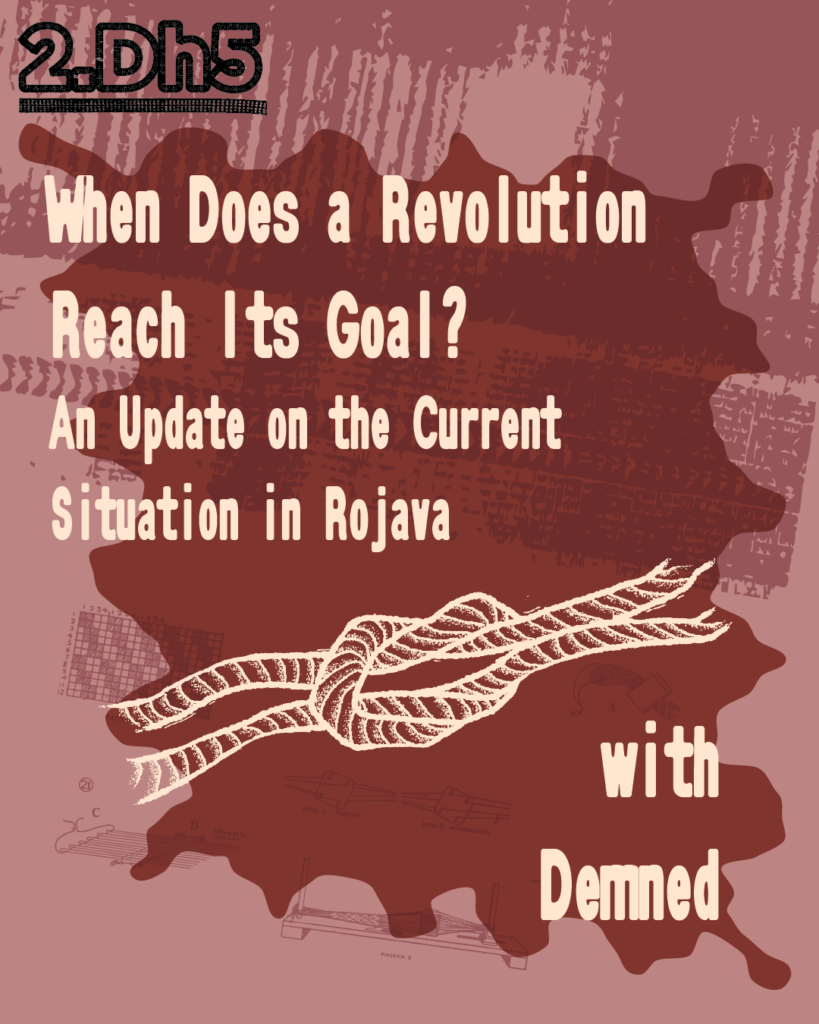
Rojava continues to thrive in many ways. However, recent reports highlight significant changes in the leadership of the government in Damascus. The Western media hailed Bashar al-Assad’s departure from Syria as the country's liberation, leading some to question whether the Syrian Civil War has ended and whether the country is now safe. Unfortunately, the reality is quite different.
Damascus, the capital of Syria, along with its centralized resources and access to international aid, is currently controlled by Hay’at Tahrir al-Sham (HTS), an Al-Qaeda-affiliated group. The HTS leadership maintains close ties with the Erdogan government and severely persecutes ethnic and religious minorities, including Alevis, Christians, and Druze. It remains uncertain whether and when they might once again pursue a jihadist agenda. This discussion will shed light on the key figures in the current Damascus administration and their connections to ISIS.
By examining the geopolitical situation in Rojava and Syria, we will explore how to define the goals of a social revolution. While much attention is given to the conditions that make an uprising possible, less thought is given to when its objectives have been achieved and what that success would look like. How should we understand our role in supporting revolutionary social change in places like Rojava? Let’s discuss it together.
Spreker
Extra info
- Locatie
-
Ru Paré
Chris Lebeaustraat 4 Amsterdam
- Space
- Blue room
- Format
- Presentation + discussion
- Language
- English
